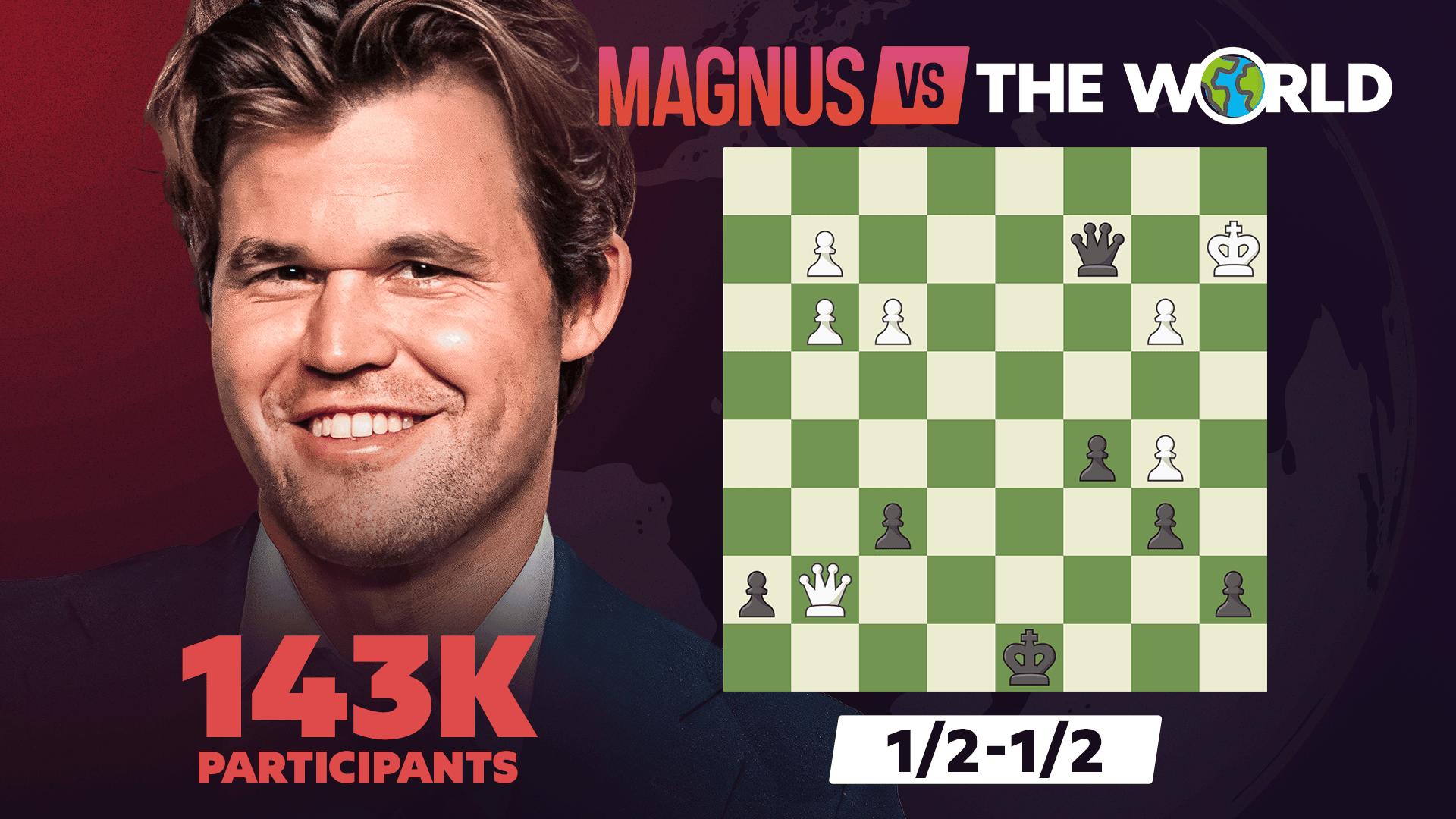David Deutsch and Goldwater Debate Human Potential and Creative Genius, Citing Magnus Carlsen

A recent social media exchange, originating from a discussion between "Goldwater" and renowned physicist and author David Deutsch, has sparked conversation regarding the nature of human potential, knowledge acquisition, and creative leaps, with chess grandmaster Magnus Carlsen cited as a benchmark for genius. The dialogue touches upon the accessibility of profound understanding and the capacity for innovation across the general populace.
"Goldwater" initiated the point, stating, "We’re not all Magnus Carlsen," implying a natural limitation to human intellectual prowess. This perspective suggests that while some individuals, like Carlsen, may possess extraordinary innate abilities, such high-level genius is not a universal trait. Magnus Carlsen, a Norwegian chess grandmaster, is widely regarded as one of the greatest chess players of all time, holding multiple World Chess Champion titles and achieving the highest Elo rating in history. His achievements are often highlighted as examples of exceptional cognitive ability and strategic thinking.
In response, David Deutsch countered with an emphatic, "Yes we are," asserting a more optimistic view of human capability. Deutsch is a prominent theoretical physicist at the University of Oxford and a pioneer in quantum computation. His work, particularly his book "The Beginning of Infinity," advocates for the boundless nature of human knowledge and the capacity for universal explanation and progress through creative thought. His statement reflects a belief that the potential for profound understanding and creative problem-solving is inherent in all humans, given the right conditions and approach to knowledge.
"Goldwater" elaborated on their stance, explaining, "I have taught literal geniuses and you don’t have to teach them. But the mass of people aren’t that fluent in actually gaining knowledge and then taking creative leaps." This perspective highlights the perceived disparity in the ease with which individuals grasp complex concepts and innovate. Deutsch, however, challenged this by suggesting that such observations might not be drawn from a population "doing whatever they like," implying that environmental factors and individual freedom play a significant role in unlocking potential.
The discussion underscores a fundamental philosophical debate about human nature: whether genius is an inherent, rare quality or a potential that can be cultivated and realized more broadly. Deutsch's viewpoint aligns with his broader philosophy that problems are soluble and that human creativity is a universal and powerful force for progress, capable of generating "good explanations" across all domains.